Greetings!
Look I know it’s not the start of the week, but what’s a day or two between friends?
But enough of this persiflage! On with the newsletter.
Terry
The whole tooth and nothing but the tooth
Does anyone enjoy going to their dental surgery apart from masochists and, presumably, the dentists who work there? I find the whole prospect terrifying, especially when the dentist is calling out a series of incomprehensible numbers:
Upper left 1, etc
Apparently these relate to gum depth in millimetres, with 1 being the best and 4 or more being pretty grim.
We saw the same dentist, Ben1, for decades. Elaine knew him at school. He was very good, on a mission to save as many teeth as he could for as long as he could. Occasionally I would hear the screams of a child but, strangely, never any children. I came to the conclusion that he was playing a recording intended to put off time-wasters.
Perhaps I thought this because when I started teaching I imagined that a really good technique for establishing discipline would be to hire an unknown child actor. His or her job would be to disrupt the lesson, ignoring all warnings to stop. I’d press a buzzer on my desk, and two burly men in white coats would march in, grab the miscreant, and drag them out while I said to them: “The prod”. The child would never be seen again, except to collect a bung of £50 from Reception on his way out.
Phoning for an appointment was a quaint experience by today’s standards, because the phone was always answered by a human being. At first, the receptionist was an Australian lady who was very friendly and very efficient. But she returned home, and was replaced by someone about whom I know nothing, because she was almost never there. She took so much time off work that nine times out of ten you’d get the answer machine and then wait for the dentist to call you back. She was replaced eventually by a blue-haired young lady whose ambition was to relocate to the far north2 with her boyfriend.
The waiting room was the usual affair: a radio blasting out pop music and a pile of magazines to peruse. Some of these covered the issues of the day, like the sinking of the Lusitania, while others contained articles for women along the lines of “How to look good in a miniskirt, pattened tights, and hobnailed boots”, and for men, with titles like “Review of the Spivmaster 3.2: 0 to 190 miles an hour in just 3 seconds”. I could never understand why anyone would want to do that, even if they could: these days virtually the whole of Britain is a 20mph zone.
After an increasing degree of frustration with NHS bureaucracy, Ben decided he’d had enough, and retired. For a while the new owners of the practice turned it into a building site, but now the experience is completely different. When you phone you get one of those automated menu things, and an advertisement for teeth whitening. After a while a receptionist comes online and you make an appointment. A few days before your appointment you receive a text reminder, and the day before a phone call to check that you’re still coming.
In the reception area, gone are the magazines and the radio. Instead there is a television showing, silently, the benefits of having your teeth whitened.
I recently had occasion to experience this brave new world when a crown fell to pieces. One minute I was eating a plain yoghurt, the next I was crunching on the remains of my tooth. Well it’s all sorted now, and my parting shot to the receptionist was “Nothing personal, but I’m looking forward to not seeing you any time soon.” She understood completely.
If it don’t fit, don’t force it
Oh, happy new year by the way!
One of the big challenges over Christmas is to resist stuffing yourself as well as stuffing a turkey3. I’m very restrained these days, as proven by the fact that once the festivities were over I tried on an item of clothing I haven’t worn for twenty years, and it still fits! I’m delighted because I’ve always loved that hat.
OJ, so I cam’t tupe. What’a the priblem?
Last week I didn’t have time to write Start the Week, so I wrote Not Start the Week, except it came out all wrong: oNt tsrat hte ewke:
oNt tsrat hte ewke
tI si ot ym verealtsnig errgte htta I ahev enevr elraend ot otcuh ytep. eCtrialny, I’ev rteid ni hte apts. eYras nad eyras gao I own 5£0 no hte rPmeuim oBdns. hTta aws a olt fo omeny abkc htne, nad os ew psalhsde uot no a optrbael yteprwtire. tI amed essne, ebacsue ym istsre aws a esrcteray, I aws a ancsnet rwtire, nad ym om…
That’s right, it was full of typos, and as it garnered more comments than my more erudite offerings I can only assume that the path to engagement on this platform is to not only eschew proofreading altogether, but throw in a few typos for good measure.
It was very interesting to read the comments, and I was especially delighted with those of
, who made the connection with neurodiversity and dyslexia, as did . thought he was suffering from jet lag, while others thought I must have been drunk. My epistolary partner in crime, , offered suggestions for making the text more intelligible. Do pop over there and read the comments, because many of them are hilarious.From the point of view of reader engagement, therefore, this was highly successful. However, I wasn’t entirely satisfied with it because I think it was too difficult to decipher.
I should have done what Paul Jennings did when he wrote the article, around forty years ago now, that provided me with the idea. He switched around a few of the letters that are in close proximity on the keyboard. The result is both humorous and easy to interpret, as you can see from this extract:
What’s good about that is that (a) it’s full of typos but (b) it’s still intelligible without much effort and (c) some of the results are quite funny. I particularly like “Dead Sirs”.
I wrote my own typo post to give people a bit of a laugh, and also to experiment with the notion of getting it wrong on purpose. This sort of thing comes firmly under the heading of “potential literature” as advocated by the proponents of Oulipo, which is an acronym meaning “Workshop of potential literature”. If this sort of thing interests you and you can get to London on Saturday 8th June, you may be interested in the fact that I’m running a one day course on Oulipo called Creative Writing with Constraints.
Literary pursuits


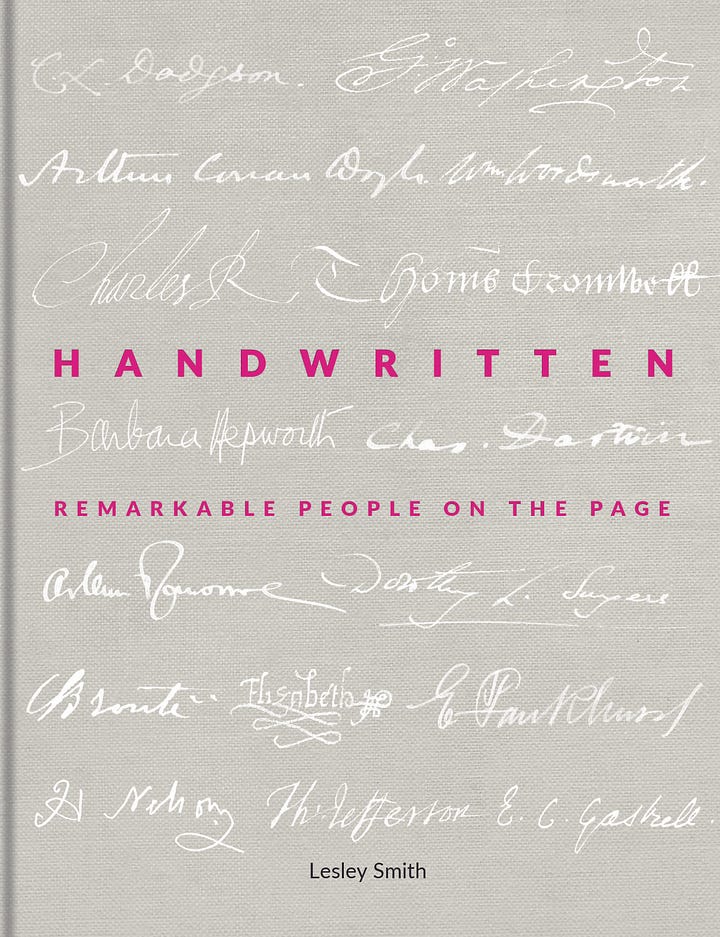

The book links in this section are Amazon affiliate links.
Since I read Northanger Abbey when I was in my twenties, I have to say that in the interim it has much improved. Clearly, Jane must have taken a creative writing course or two because it is now much funnier, more cutting and more modern, what with her stepping outside the story to comment on her characters and the novel form itself4. Next on my list: Sense and Sensibility.
If Jane Austen interests you, here’s a great website: Jane Austen’s Fiction Manuscripts.
Austen is also one of the authors featured in Handwritten, which consists of photographs of the writings of novellists, travellers, scientists and others. Here, for example, is a page from a draft of The Watsons:
There is something quite special about seeing and, where possible, touching historical artefacts. When I was teaching economics I brought in a collection of German Marks from their hyperinflation of the 1920s. It’s one thing talking about that, but quite another to hold in your hand a one million Mark note which may have enabled someone to buyt a loaf of bread.
Anyway, back to Jane Austen. It’s worth having a look at the newsletter of John Halbrooks,Personal Canon Formation He is an English professor and writes about, erm, English literature. At the moment he is running a study-along on Beowulf, and he sometimes writes about Jane Austen. For instance, have a read of Jane Austen Claps Back.
Going back to Handwritten, I wrote about it in 11 Characteristics of good writers, in which I wrote about the methodology of Raymond Chandler.
I learnt something very interesting from the eminently readable The Book At War. As we know, the Nazis liked to ban books and even burn them5. Apparently, the British authorities not only didn’t ban Mein Kampf, they made it available in public libraries and recommended it to army libraries — presumably so that the troops would know what they were fighting against.
From EdTech to PedTech looks at research about teachers’ use of technology, and to make it more effective. I reviewed it for SchoolsWeek magazine. As I wrote there, those of us who have held responsibility for embedding digital technology across a school will all have tales of well-meaning management who, frankly, didn’t have a clue. Continue reading.
Ch-ch-changes
I’ve made a few changes around here. One thing I’ve done is create a “hero” post, a pinned post which explains what this newsletter is all about and why I write it. It was inspired by an article from the pen of
Here it is: Welcome, nonfiction writers and readers. I might change the photo, having received a bit of advice from Karen.I’ve also cut down on the potential frequency of my experiments in style. This is not because I’ve run out of steam — far from it — but because I think I might use some of the freed-up slots to write other articles, and also because I’d like to free up some time to work on a book.
If my postings are too frequent for you, don’t forget that you can choose which ones you receive:
Controlling which emails you receive
Before I wax lyrical in this article, I just wanted to give a huge shout-out to Emily Miller, who writes the Substack newsletter Emily Posts. I’m still finding my way around this platform, and she very kindly told me not only how to take charge of which sections of someone’s newsletter you receive, but even ga…
More links
As usual I’ve got tons left to write about, but that’s probably more than enough for now. Here are some nice links to explore:
Hyperlexia in autistic kids, by
I’d never heard the term, but I think I might have it. Maybe you do too.What we leave behind is a very beautifully written, and poiugnant, essay by
Finally,
has said what needs to be said over on ‘s ‘stack: One cannot be a great writer if one does not read. Do not get me started on this!Enough already!
I hope you have enjoyed reading this. On Wednesday (tomorrow) I will re replying to
‘s recent letter to me. We chat about the things Brits chat about, like the weather, tea, and the weather. Do have a read if you relish the idea of a chortlefest, and subscribe to hers to make sure you receive her reply to me.Do leave a comment if you don’t feel too exhausted from reading this. Incidentally, I’ve been feeling rotten for a few weeks, hence my not reading or commenting on other writers’ posts recently. It turns out I’ve had Covid.
Until next time!
Not his real name.
Just for the record, I don’t eat turkey. I am, for the most part, vegetarian.
The idea for this nonsense was inspired by my recollection of the Mark Twain comment: “When I was a boy of 14, my father was so ignorant I could hardly stand to have the old man around. But when I got to be 21, I was astonished at how much the old man had learned in seven years.”
Heinrich Heine famously said that those who burn books will in the end burn people. To read more about where this observation came from, read The tale of two book burnings.



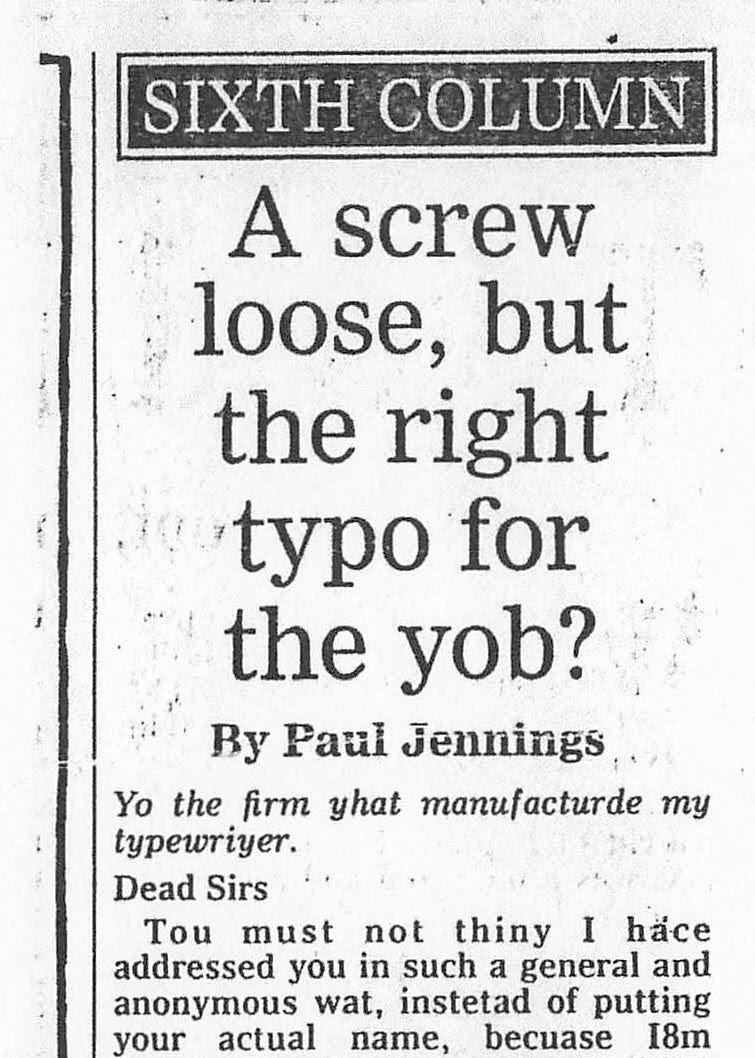
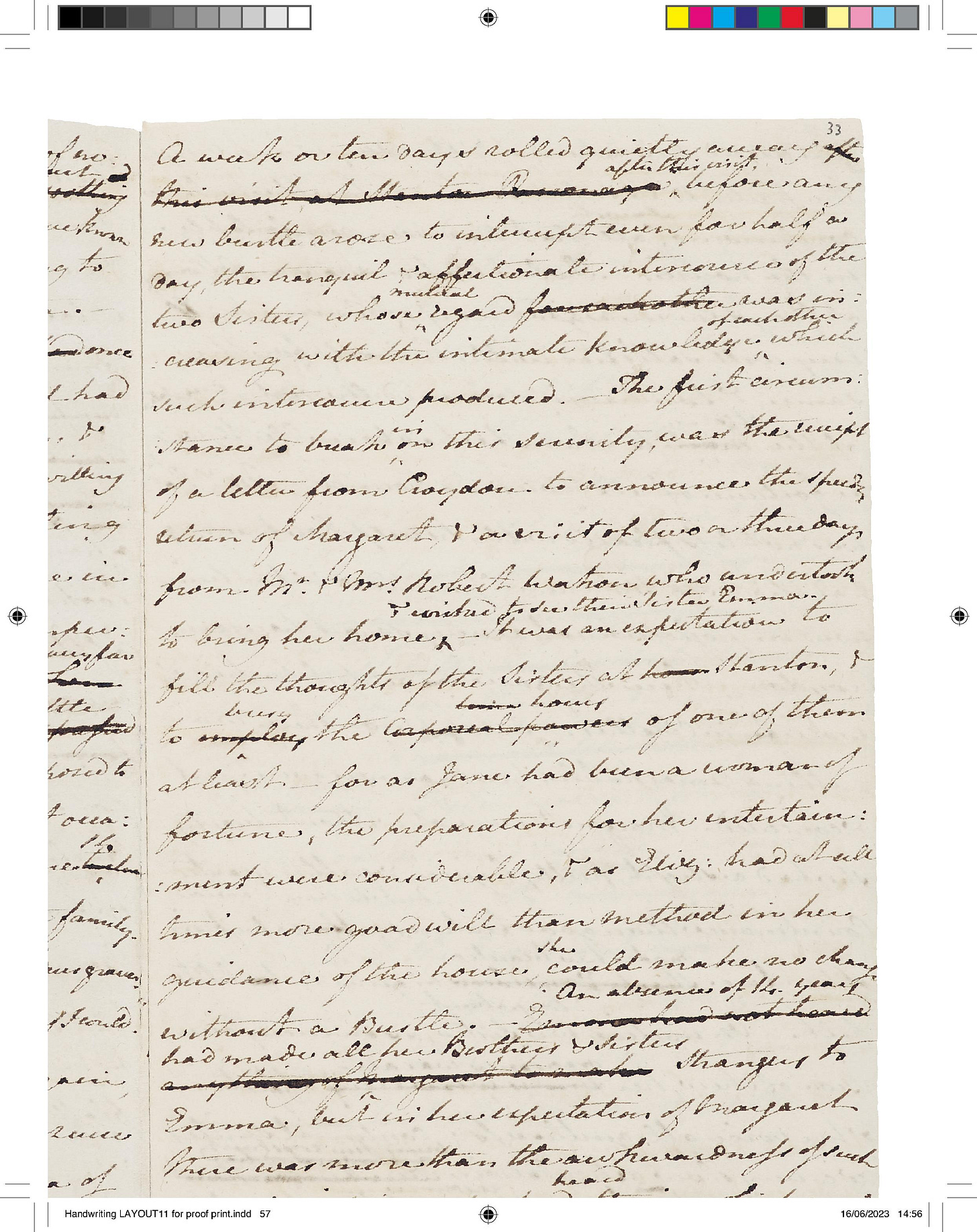
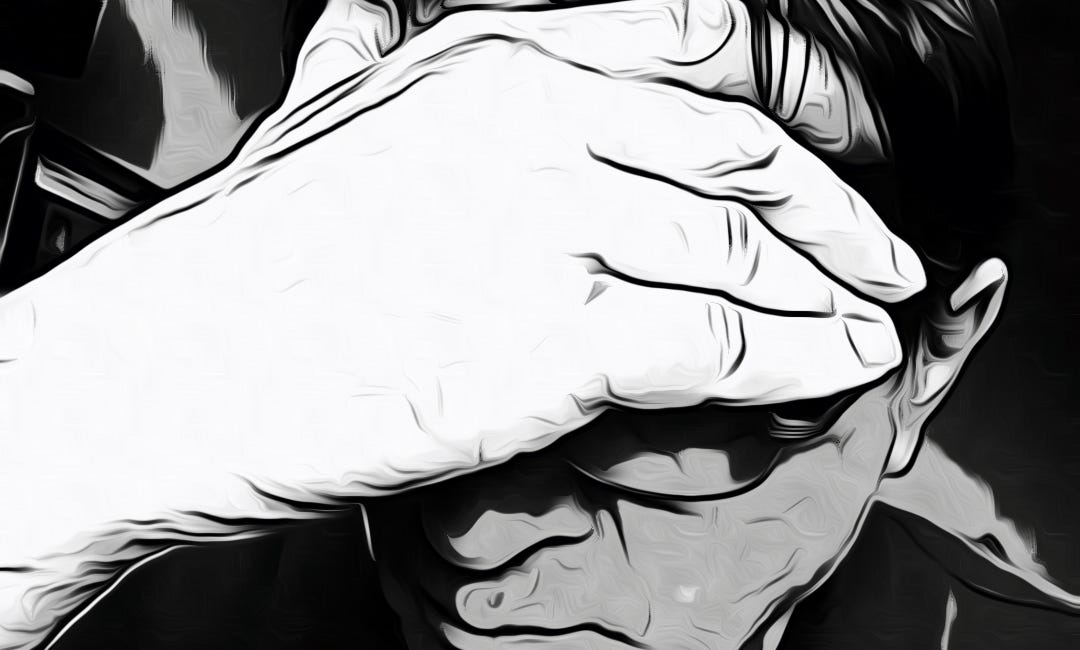
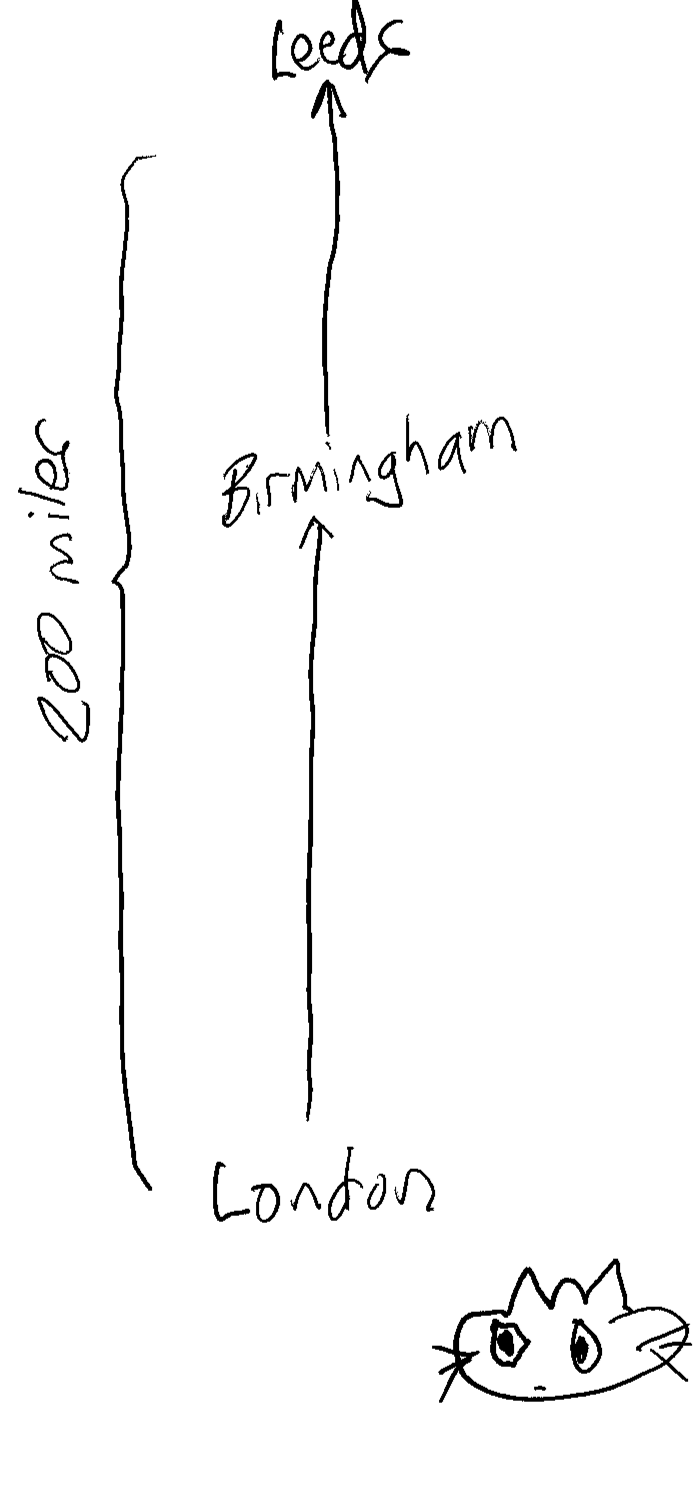
So many interesting topics this morning. I always look forward to starting the week with you. Thank you for the referral to Caroline's "What we Leave Behind". I have been writing my mom, Katy's, stories. As long as the stories live, it feel like she, too, lives, and it helps me cope with the grief. I am pleased you can still wear your hat after the holidays, Terry. Congratulations! I was relieved to discover I can still use my earrings, scarves, and handbags. Phew!
Great stuff to start the week, Terry. I can identify with the experience of communicating with/visiting modern medical offices. The reminder texts, the automated phone calls, the online preregistration where you answer fifty questions only to be asked the same ones once you arrive.
Oh and by the way, I can still fit into my high school baseball cap. Nice huh?